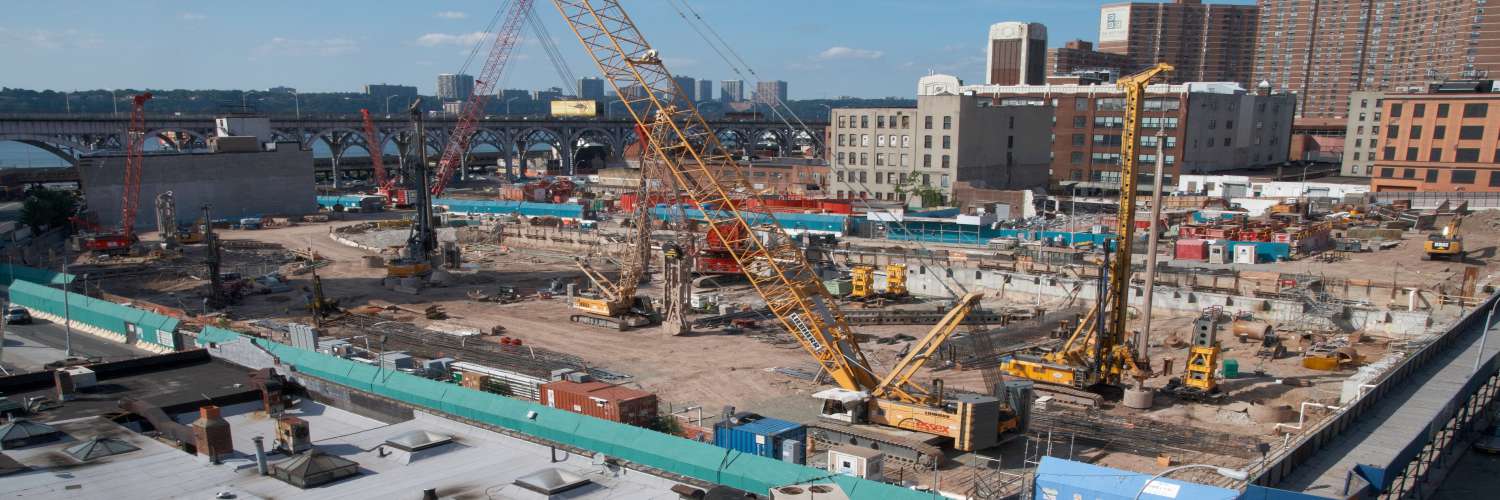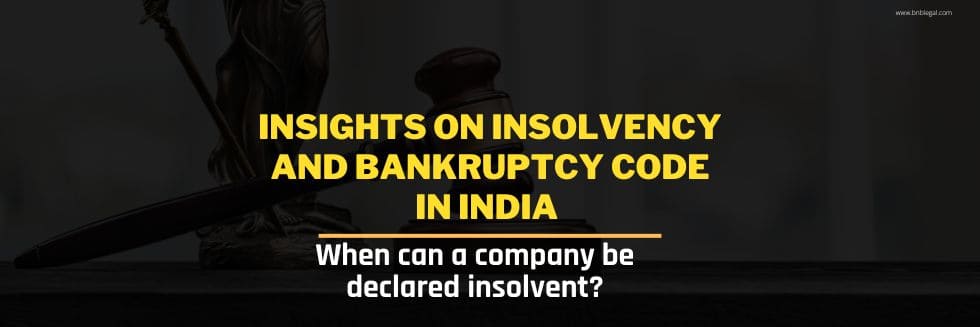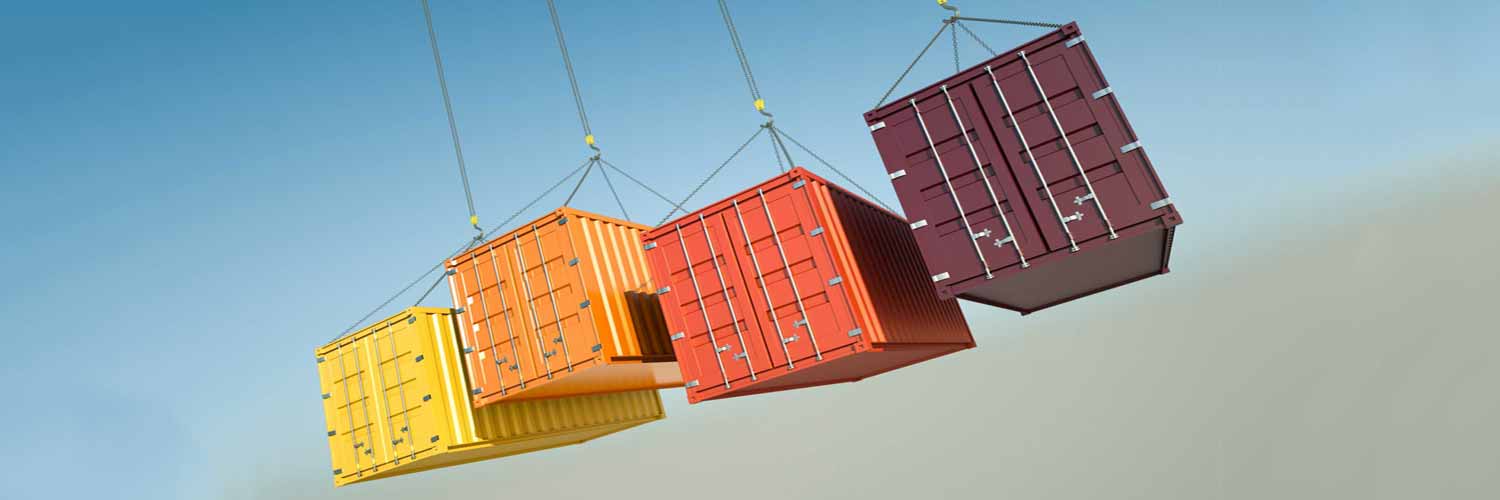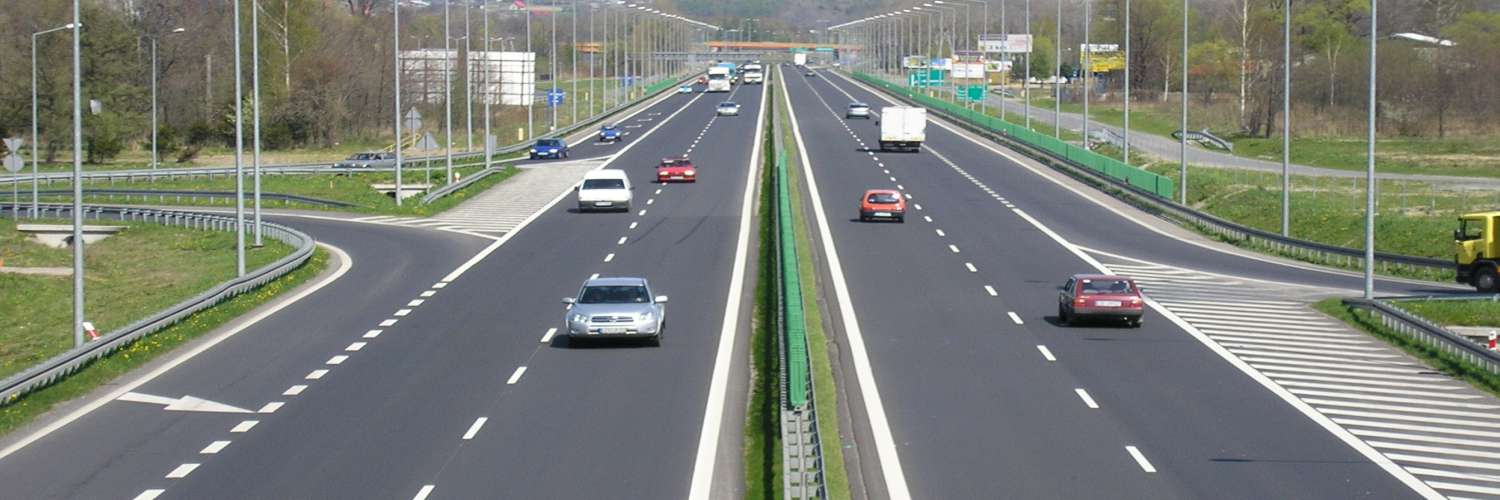What is Industrial Disputes Act
The Industrial Disputes Act, 1947 was formed with an object to secure industrial peace and harmony among employer-workmen and workmen-workmen. The Industrial Disputes Act provides for a mechanism whereby the industrial disputes are settled. The mechanism includes settlement of industrial disputes by conciliation, arbitration and adjudication machinery. The Act prohibits unfair labour practices which are defined in the Fifth Schedule—strikes and lockouts (except under certain defined conditions and with proper notice). It also provides for penalties for illegal strikes and lockouts and unfair labour practices and provisions regarding lay off and retrenchment as well as compensation payable thereof.
Industrial Dispute
Section 2(k) of the Act defines ‘industrial dispute’ as any dispute or difference between employers and employers or between employers and workmen, or between workmen and workmen, which is connected with the employment or non-employment or the terms of employment or with the conditions of labor, of any person.
Works committee
Section 3 of the Act provides for establishment of Works Committee in an establishment where at any point of time one hundred or more workmen are employed. The works committee shall consist of representatives of employer and the workmen in equal proportions. It is the duty of the Works Committee to find ways to secure and preserve peace and good relations between the employer and workmen and make every action possible to protect matters of their common interest or concern and to solve any material difference of opinion in respect of such matters.
Conciliation officers
Section 4 of the Act talks about Conciliation officer. A conciliation officer is deemed to be a public servant and the appropriate government may appoint a specific number of conciliation officers for a specified area or a specified industry either permanently or for a limited time. The duty of the conciliation officer is administrative in nature and not judicial. In case any industrial dispute arises, it is the duty of the conciliation officer to initiate conciliation proceedings in order to enter upon a settlement. The conciliation officer is bound to submit its report to the government within fourteen days of the commencement of the proceedings. If the appropriate government is satisfied by the report, it may or it may not refer the dispute to any authority established in the Act.
Boards of conciliation
Boards of conciliation are established under section 5 of the Act and the board can act only when a dispute is referred to it by the government. The board consists of Chairman or two or four members as the government deems fit. When a dispute is referred to the board, the board immediately investigates the merits and try to settle the dispute. Whether the dispute is settled or not, the board has to submit its report to the government within two months from the date of reference of dispute. In case the dispute is not settled, the government may refer the dispute to labor Court, Industrial Tribunal or National Tribunal.
Court of Inquiry
Courts of inquiry are established under section 6 of the Act. Court of inquiry consists of one chairman and other members and in the absence of chairman, the court can conduct the proceedings, however, if the services of chairman are ceased by the government, the court cannot act until a new chairman is appointed. The proceedings of the courts of inquiry are judicial in nature and has power of civil courts under the Code of Civil Procedure. The Court of Inquiry is empowered to call an expert in a field of a matter in dispute as an advisor in order to investigate the matter. Court of Inquiry initiates its proceedings when a dispute is referred to it by the government and the court is under an obligation to submit its report on the matter to the government within six months from the date of reference.
Labor Court
In India, the Labor courts are established under section 7 of the Act. A Labor Court shall consist of a presiding officer who shall be either a judge of Hon’ble High Court, or a session judge for minimum three years from the date of appointment or has held any judicial post for a minimum period of seven years from the date of appointment or has been the presiding officer of a Labour constituted under any Act or State Act not less than five years. The Labor Courts upon reference of an Industrial dispute mentioned under schedule 2 of the Act, may pass an award and submit it to the government concerned. The second Schedule deals with disputes pertaining to
- Propriety or legality of an order passed by an employer under the standing orders.
- The application and interpretation of standing orders.
- Discharge or dismissal of workmen including reinstatement of or of relief to, workmen wrongfully dismissed.
- Withdrawal of any customary concession or privilege
- strikes or lock-outs
- All matters other than those specified in the Third Schedule
Industrial Tribunal
In India, the Industrial Tribunals are established under section 7-A of the Act. An Industrial Tribunal shall consist of a presiding officer who shall be either a judge of Hon’ble High Court, or a session judge for minimum three years from the date of appointment or has held any judicial post for a minimum period of seven years from the date of appointment. The government can also appoint two people as assessors to advise the tribunal to adjudicate a dispute in front of it. The Industrial Tribunals upon reference of an Industrial dispute mentioned under schedule 2 and schedule 3 of the Act, may pass an award and submit it to the government concerned. The third Schedule deals with disputes pertaining to
- Wages and mode of payment.
- Compensatory and other allowances.
- Hours of work and rest intervals.
- Leave with wages and holidays.
- Bonus, profit sharing, provident fund and gratuity.
- Shift working otherwise than in accordance with standing orders.
- Classification by grades.
- Rules of discipline.
- Rationalization.
- Retrenchment of workmen and closure of establishment and.
- Any other matter that may be prescribed.
National Tribunals
Under section 7B of the Act, the central government may constitute one or more National Industrial Tribunals for the adjudication of industrial disputes which involve questions of national importance or are of such a nature that industrial establishments situated in more than one State are likely to be interested in, or affected by, such disputes. A National Tribunal shall consist of one person which shall be appointed by the Central Government. The person to be appointed as a presiding officer must be Judge or has been a Judge of a High Court. The Central Government may, if it so thinks fit, appoint two persons as assessors to advise the National Tribunal in the proceedings before it.
Disqualifications for the Presiding Officers of Labour Courts, Tribunals and National Tribunals.
A presiding officer is disqualified if:-
(a) he is not an independent person, or
(b) he has attained the age of sixty-five years.









